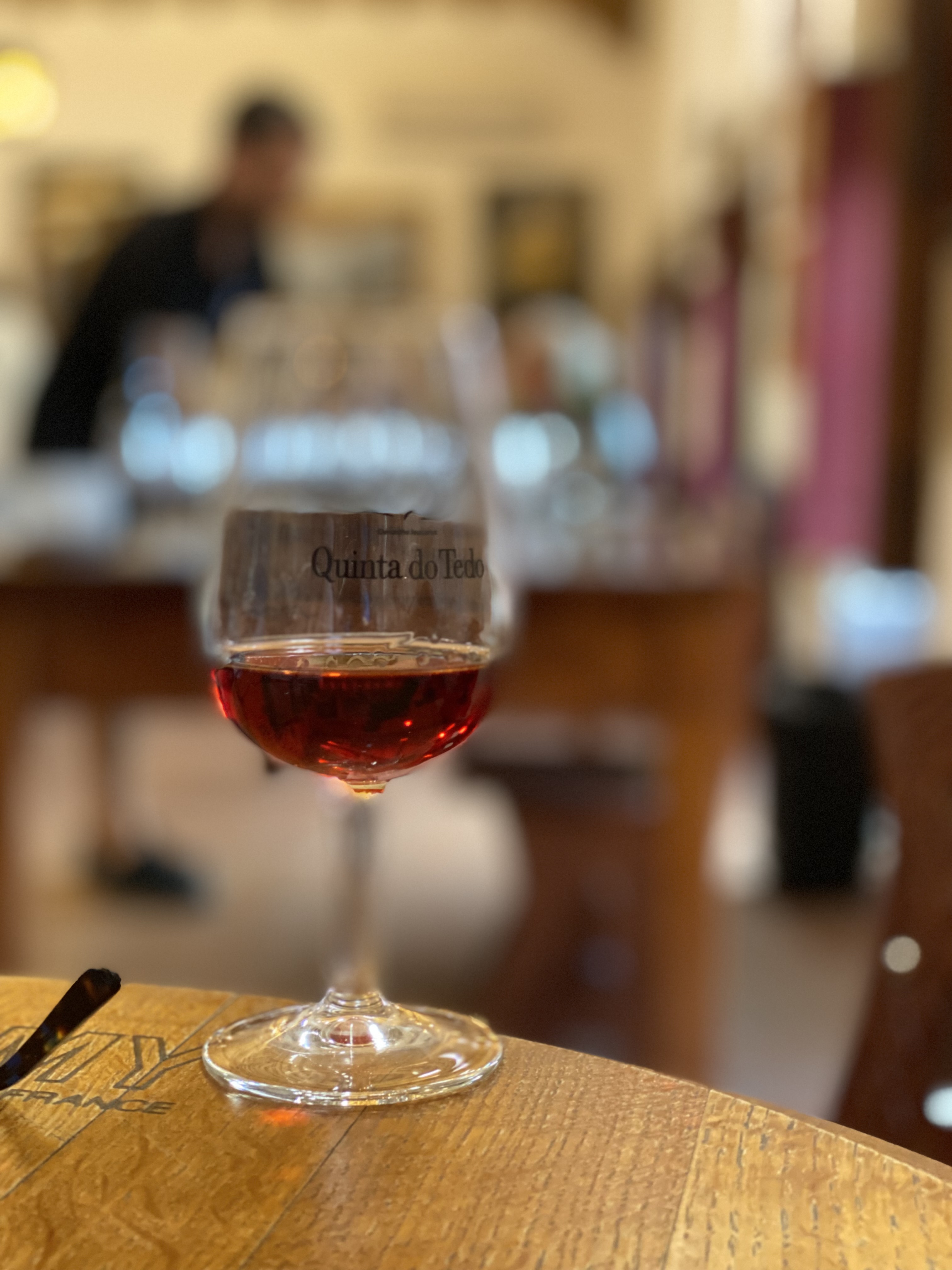Well, it’s as much a British thing as a Portuguese one, I will try to explain.
We the British that is love a drink and the weather in England wasn’t suitable for growing grapes, (this is changing due to global warming) we had to import wine from France. But during 17th and 18th centuries wars with France, Britain boycotted French wines and had to look further afield for wine.
The British had a military alliance and trading agreements with Portugal making this the first port of call so to speak but Portuguese wines didn’t travel well and spoiled on the long journey to England.
Like most food stories It's believed the port-making process was a happy accident made by brothers who fortified the wine with alcohol (brandy)to maintain control of the shelf life and its quality during the long trip.
The wine picked up the flavour and some colour from the oak barrels, which the English grew to appreciate.
British companies perfected fortification and port production in the succeeding centuries, which is why so many ports had British names (Taylor, Croft, Graham).
In 1703, the Methuen Treaty reduced the tax on Portuguese wines, making port even more popular. In 1756, Portugal's Marqués de Pombal demarcated the Douro region — the first such designation in Europe. From that point on, true "port wine" came only from this region, following specific regulations of production, just as "Champagne" technically refers to wines from a specific region of France Traditionally, farmers and landowners were local Portuguese, and the British companies bought the wine from them, fortified, and aged it in Porto, ready for export.
in the late 19th century, that changed when an infestation of an American root insect called phylloxera (px) devastated the Portuguese as well as the European — wine industry.
In the Douro Valley, you can still see lasting evidence of the phylloxera infestations in the "grave" terraces, abandoned and overgrown just a few olive trees which are difficult to harvest.
Other terraces were left untouched, as Portuguese vintners simply when bust and gave up., not being able to produce good grapes for more than ten years, they sold their land to British companies who waited until a solution was found.
when it came It was resistant American rootstock that was being used throughout Europes vineyards.
Port production resumed, but this time on British-owned land. Now only one British company remains Symington who own and run four of the leading port houses,
Graham's, Dow's, Warre's, and Cockburn's, as well as a portfolio of Douro wines consisting of Quinta do Vesuvio, Quinta do Ataíde, Altano, and Prats & Symington.
